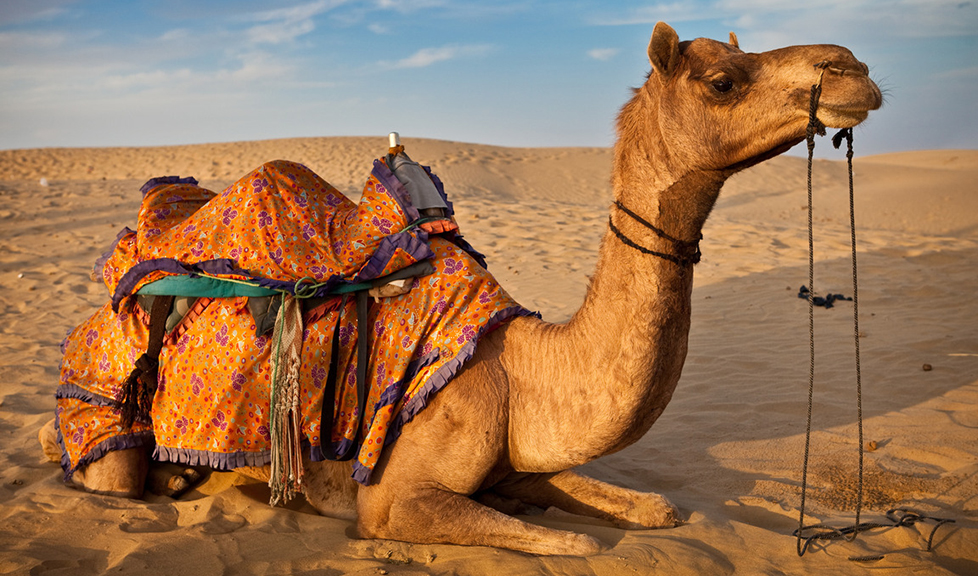無料体験レッスン アクセス 06-4397-0170
マイケルズイングリッシュスクール英会話 大阪天王寺 毎週の単語レッスン
Kenya\’s traders battle food waste with a new alley: camels
ケニアの屋外市場の商人たちは、腐りかけの野菜や果物などの処分に顔を悩ませていたが、そうした食品廃棄物を食べてくれるラクダたちが登場し、問題解決に一役買っている。
<!– Note: This image is no longer in amazon s3 bucket

–>

Vegetable seller Jacinta Nyokabi used to fret about what to do when her tomatoes began to rot at her stand in the open-air market in Githurai, just 15km from Kenya\’s capital, Nairobi.
She could dump them in the market\’s drain to get rid of them, or just leave them sitting in a corner.
Either way, she risked fines and the ire of market authorities.
\”If I throw away waste, county officials will accuse me of contaminating the market because rotting fruits and vegetables smell and attract rats which spread diseases,\” complained the 32-year-old mother of two.
But now there are eager customers for her rotting tomatoes: a herd of 20 meandering camels, brought in from arid northern Kenya to act as garbage disposals for the market\’s food waste.
\”The camels feed on everything that we give them and so the food is not dumped away,\” said Nyokabi, who has been selling fruits and vegetbales at the Kiambu County market, northeast of Nairobi, for two years.
-
餌不足で苦しむラクダを見て…
The market\’s new low-carbon food waste recycling system is the work of Stephen Kariuki, who owns the animals and herds them through the market each morning.
To earn a living, Kariuki used to rummage through the many landfills in Nairobi for plastic bottles to sell to private waste recycling businesses.
\”Everyone wants plastics so that they can make other things from them,\” says the 32-year-old who grew up on the Mathare slum, on the fringes of the capital.
\”But nobody is interested in rotting food.\”
That changed when he hitched a ride to northern Kenya as a loader for a timber merchant.
While there, he noticed the hardship camels go through as they scratch for fodder from drying rangelands.
\”I remembered the fruits and vegetables that were wasting away in Nairobi and said to myself that I could try my luck with camels,\” he remembers.
-
隙間市場でのビジネスは好調
With $120 (¥13,000) in savings from selling plastics he managed to buy the first camel and transport it to the Githurai market in January 2016.
Since then, Kariuki has made more trips to Northern Kenya and raised an urban herd of about 25 camels, well as a few cows and goats.
The camels produce milk, which Kariuki can sell, and other income as well.
\”A well-fed healthy camel like this can fetch as much as $1,000 (¥110,000),\” said the smiling herder as he showed off his beasts.
\”Their milk is very nutritious. During the weekends, I fit them with riding gear to give estate children leisure rides at a fee.\”
So far, Kariuki has few competitors in his new market niche – at least for now.
And traders say they are grateful that the passing dromedaries are saving them money and worries.

